Dubuque
Dubuque is Iowa’s oldest city and among the oldest settlements west of the Mississippi River. Its proximity to the River and its abundant land and resources has long attracted migrants and immigrants who call Dubuque home. The City offers an eclectic mix of history and tradition yet celebrates innovation and forward-thinking. The architecture and bluffs draw people to Dubuque which serves as the major retail, medical, education, cultural, employment center for the tri-state area.
Dubuque takes great pride in the slogan ‘Masterpiece on the Mississippi,’ but such was not always the case. In the 1980s, Dubuque experienced difficult times. The city had double digit unemployment, an exodus of residents, a struggling downtown, and disconnected neighborhoods. Community leaders from the private and public sectors joined in community visioning efforts focused on downtown redevelopment, industrial expansion, sustainability and reconnection to the river. While significant progress has been made, Dubuque’s commitment to sustainability and resiliency for residents and visitors will propel us into the future.
IISC has had two partnerships with Dubuque, most recently in 2023-2024 and previously in 2011-2013. To learn more about the recent partnership, view this ArcGIS StoryMap: https://bit.ly/DubuquePartnership.
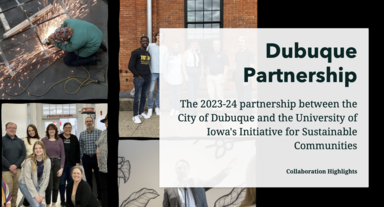
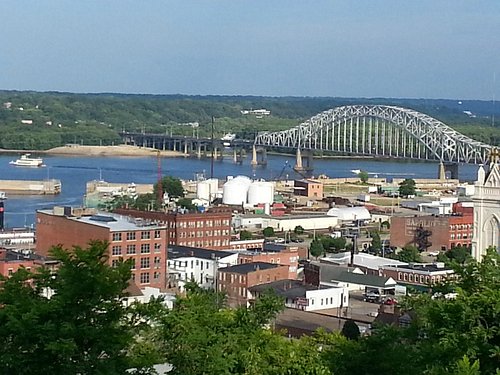
Projects
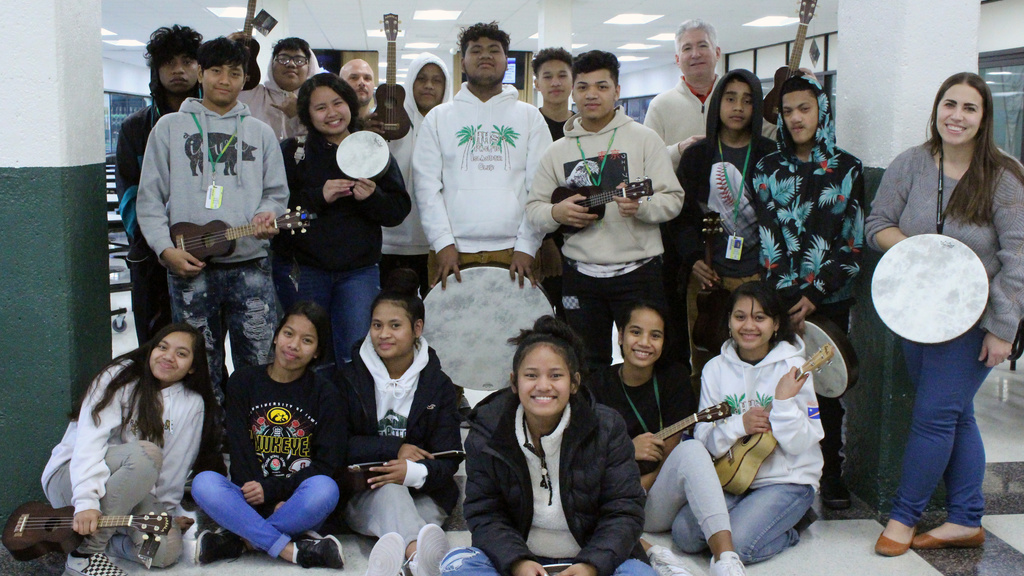
Dubuque - Addressing Absenteeism in Dubuque's Marshallese Community
College of Law students who are part of the Community Empowerment Law Project worked with the Community Foundation of Greater Dubuque to better understand the issue of chronic absenteeism among Marshallese students. In addition to synthesizing reasons for the problem, they also identified solutions.
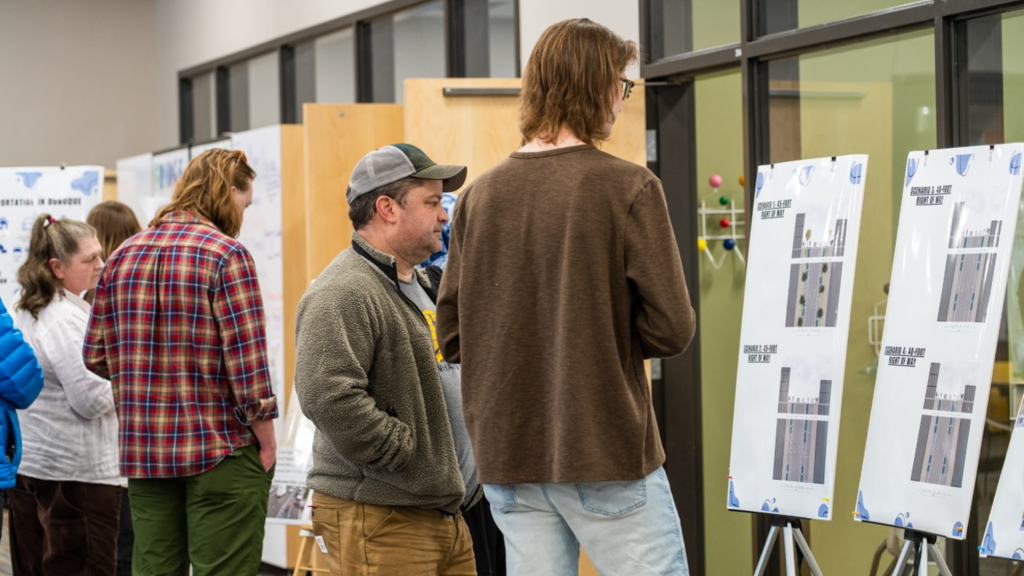
Dubuque - Alternative Transportation Action Plan
As part of their capstone project, second-year Urban & Regional Planning graduate students created a plan to spur action toward improving bicycle and pedestrian infrastructure in Dubuque.
As part of its ambitious sustainability plans, Dubuque seeks to reduce vehicle dependency and vehicle miles traveled (VMT) and create/promote accessible and equitable transportation alternatives.
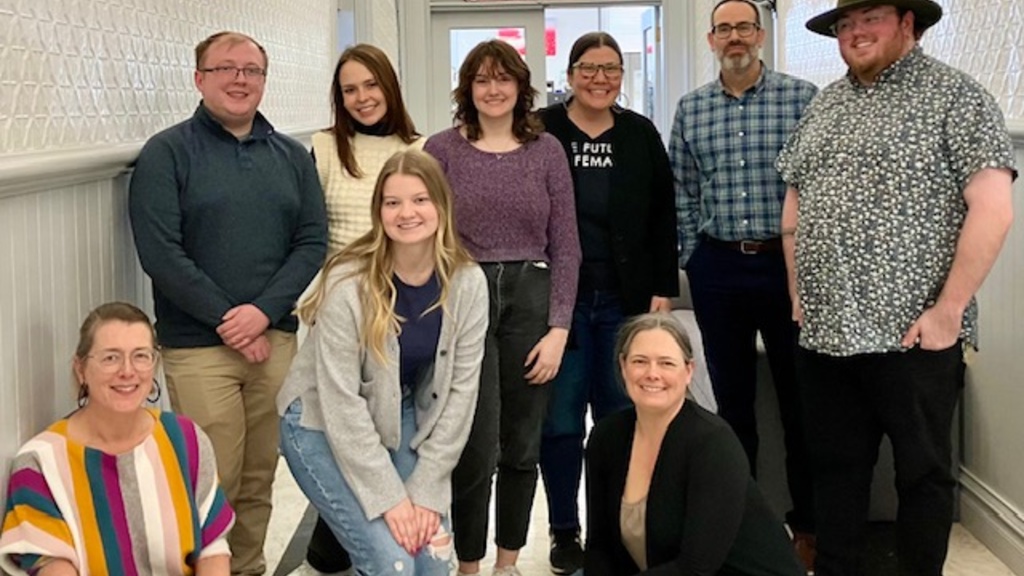
Dubuque - Climate Action Strategic Communications Plans
Students in a strategic communications capstone class in the School of Journalism and Mass Communication created plans to help Dubuque meet its "50% by 2030" carbon footprint goal. To accomplish this, Sustainable Dubuque needs to expand public knowledge of the plan, increase awareness of tools and methods for lowering carbon use, and boost participation by various community sectors.
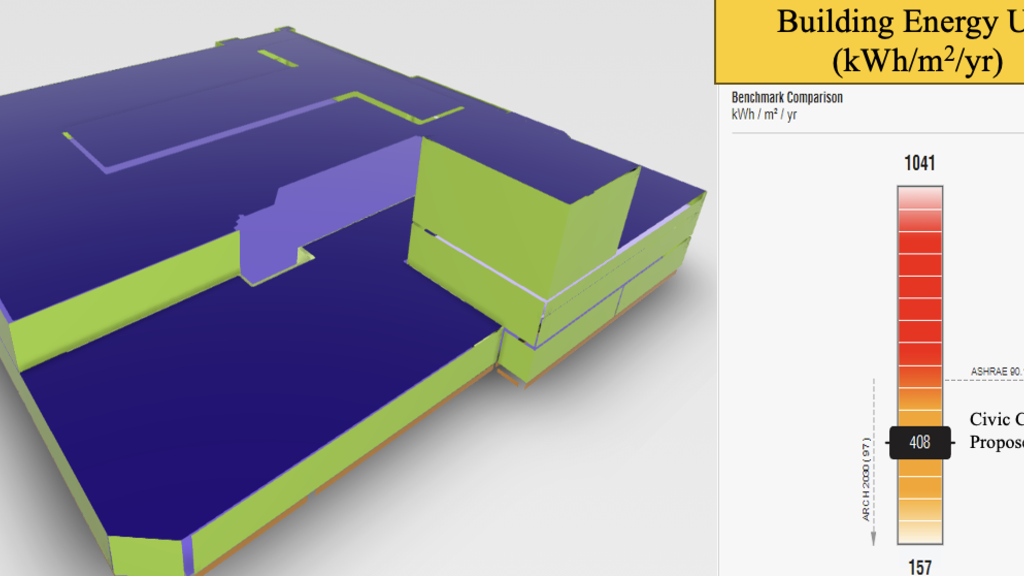
Dubuque - Five Flags Center Cool & Green Roof Designs
For their capstone project in Civil and Environmental Engineering, students researched best practices for cool and green roofs and applied their findings to the city-owned Five Flags Civic Center.
Defined as a built environment that experiences higher temperatures than suburban or rural areas, all communities have areas that possess higher heat ratios due to more pavement, fewer trees, and other elements. These are often in downtown. Two increasingly popular methods for addressing urban heat islands are cool and green roofs.
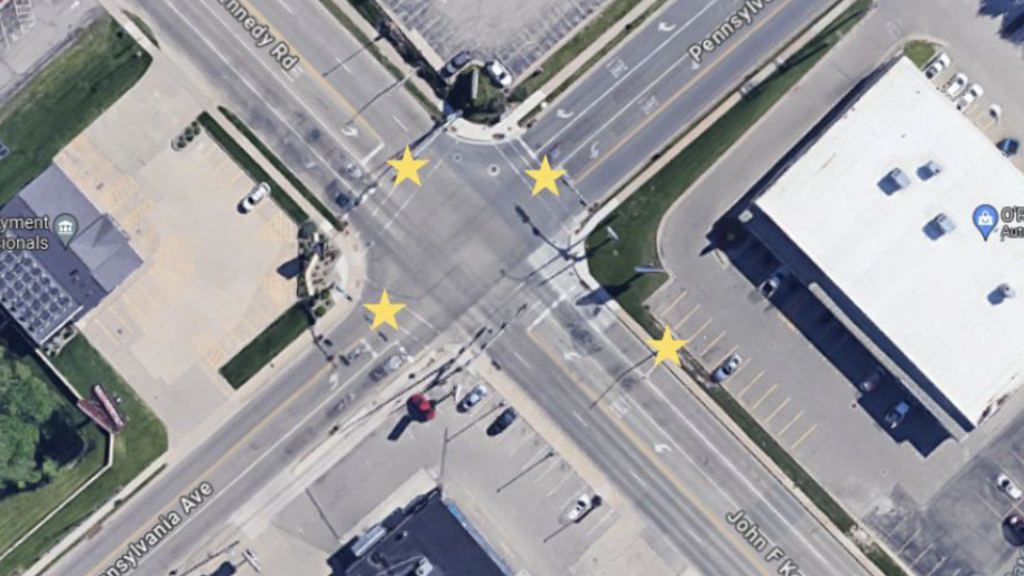
Dubuque - JFK Road Analysis and Redesign
For their capstone design project in the Department of Civil and Environmental Engineering, a team of students analyzed the JFK corridor from Carter Rd to Highway 20 and created designs to improve its safety and accessibility.
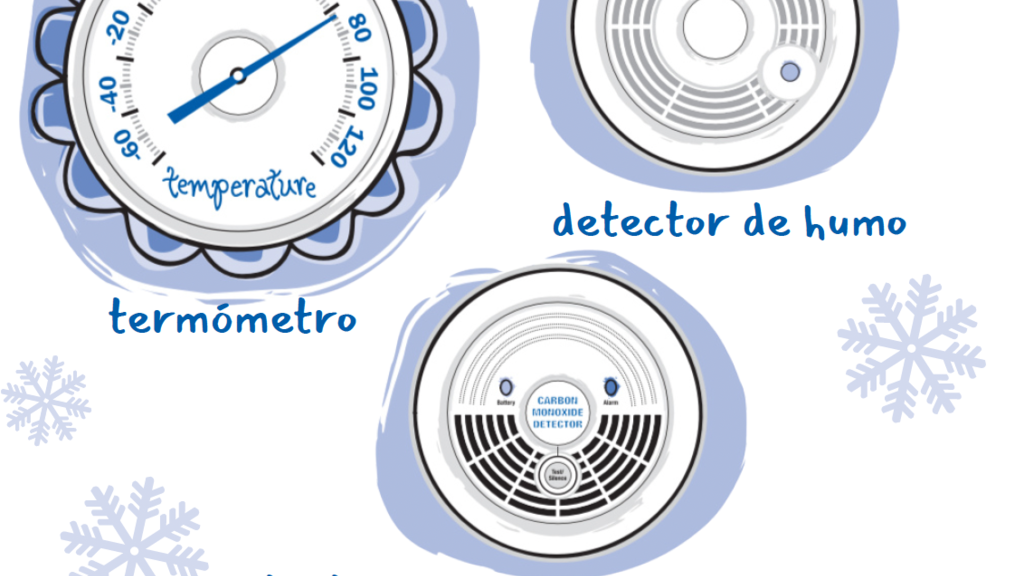
Dubuque - Language Justice and Translating Extreme Weather and Public Health Information
Graduate students from the Division of World Languages, Literature, and Cultures enrolled in the class “Language Justice: Community Engagement” addressed the role of language in civic life. They focused on the experiences of two Dubuque micro-communities--recent immigrants from the Marshall Islands and Guatemala.
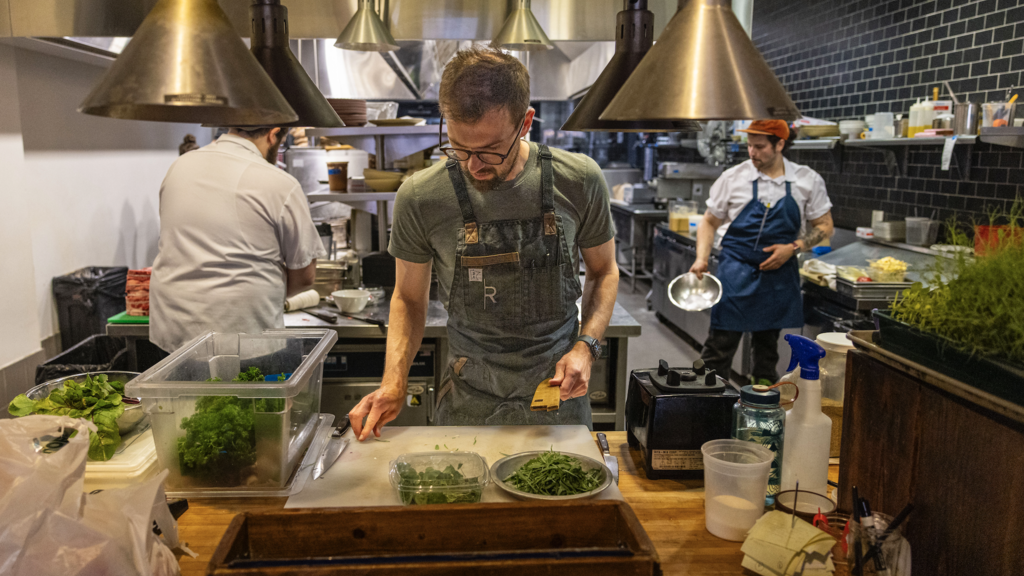
Dubuque - Photojournalism for Sustainability
Students in a capstone photojournalism course in Journalism & Mass Communication spent three days in Dubuque capturing businesses, homes, and activities related to sustainability and everyday people's efforts to reduce emissions. Their photographs are essential components to the Strategics Communications social media assets, and the Telegraph Herald newspaper insert.
Please note that photos on this project page are compressed for easier viewing.
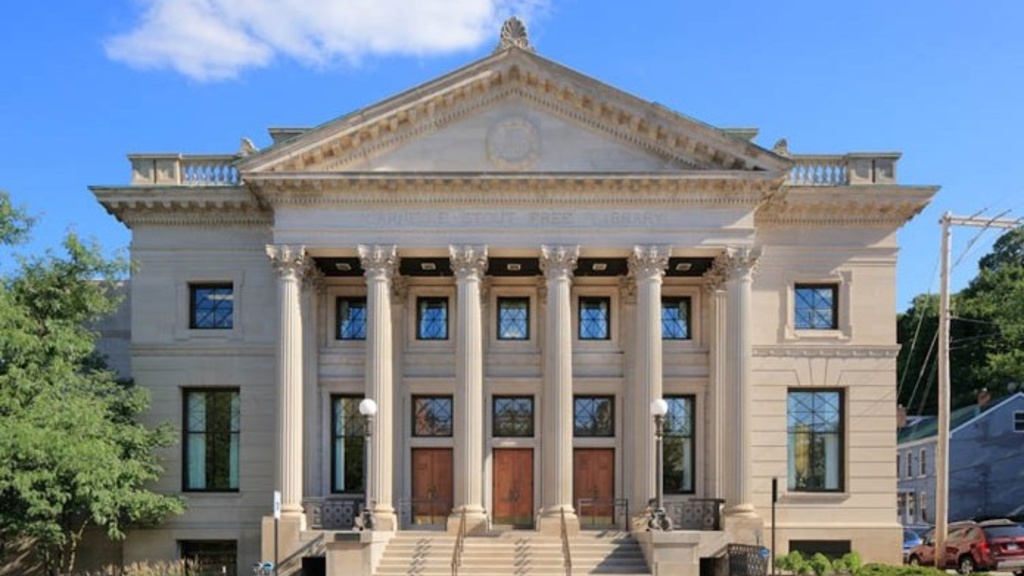
Dubuque - Public Library Policy for Vulnerable and At-Risk Patrons
Throughout the 2023-2024 academic year, students from the University of Iowa’s Masters of Public Affairs program partnered with the Carnegie-Stout Public Library staff to undertake the creation of best policies and procedures to enhance social service support for individuals in need while also reducing disruptions in the library.
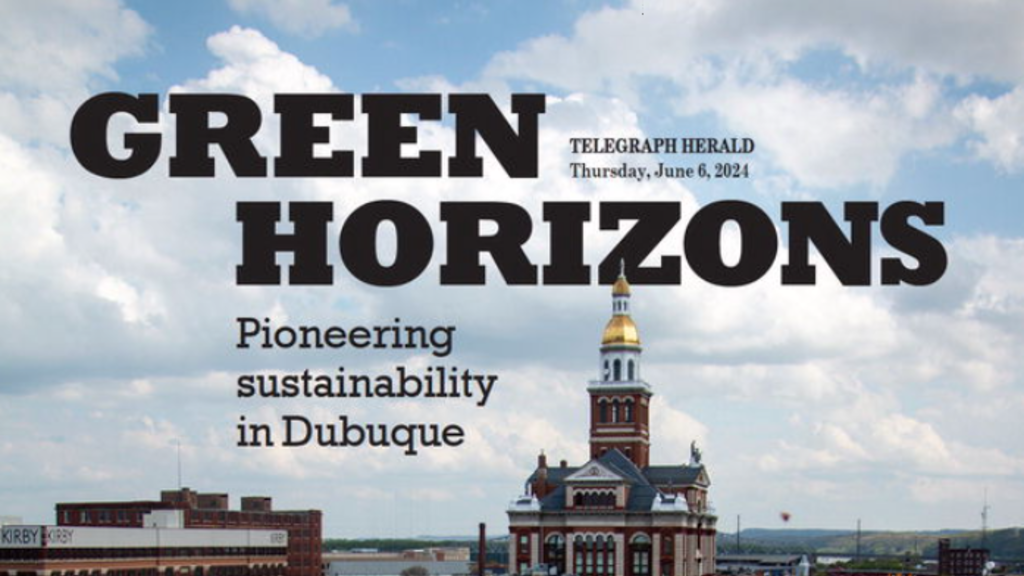
Dubuque - Residents' Guide to Sustainability (Telegraph Herald Newspaper Insert)
Students in a class in Journalism and Mass Communications develop a Telegraph Newspaper insert that serves as a guide for Dubuque citizens to better understand their city's services and opportunities related to sustainability.
Dubuque - Sculpture Created from Recycled Playground Equipment
Jamie Weinfurter, an MFA student in studio arts, created a new sculpture using a collection of metal pipes and other parts from former playground equipment. The final design was the result of engaging with teachers, administrators, and students at Audubon Elementary in Dubuque.
On Tuesday, June 18, at 3:00 pm, a new sculpture was unveiled in front of Audubon Elementary School in Dubuque.

Dubuque - Stormwater Climate Action Plan
For their capstone design project, students in Civil and Environmental Engineering prepared a Stormwater Climate Action Plan that addresses current and future problem areas within the city’s stormwater system and provide potential action items to account for climate change effects.
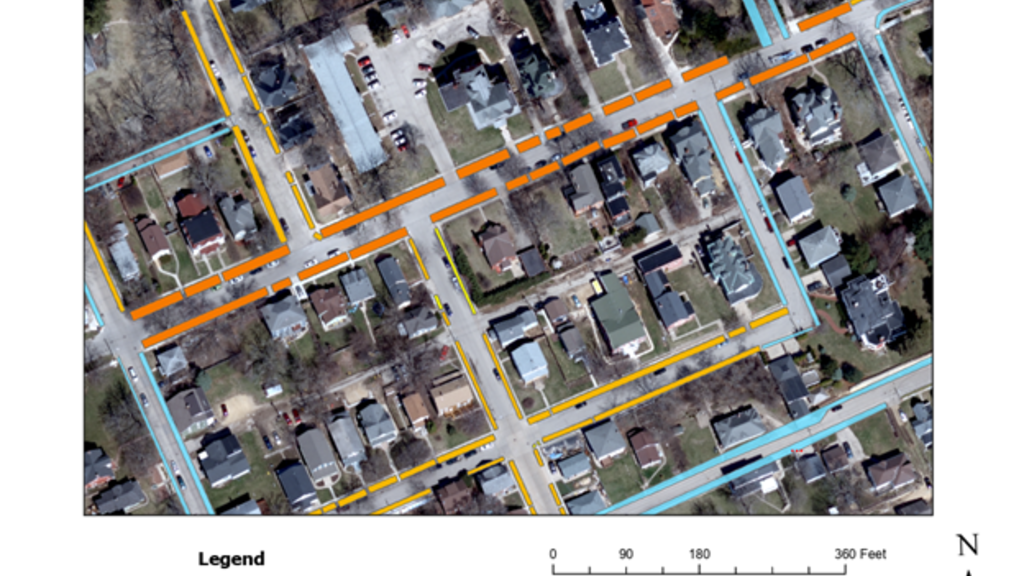
Dubuque - Tree Canopy GIS Tool
As part of the ICIGO student organization within the Department of Geographical and Sustainability Sciences, Environmental Science major Luke Caron digitized "road verges" - strips of groundcover located between a roadway and a sidewalk - to help the City of Dubuque identify the best opportunities to enhance the city's tree canopy.
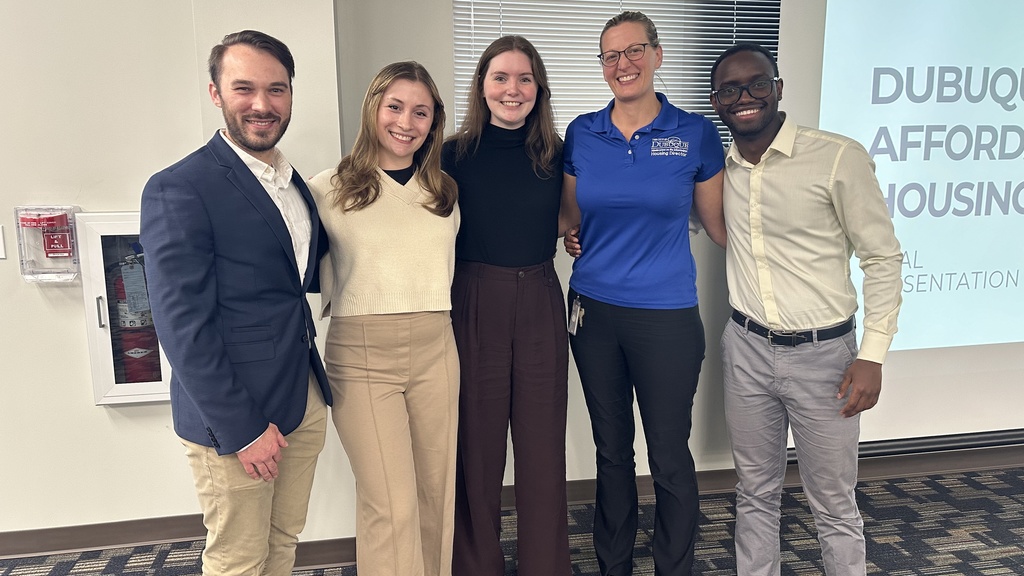
Dubuque Affordable Housing Action Plan
Urban & Regional Planning and Sustainable Development graduate students synthesized existing documents and developed new strategies to create the City of Dubuque's first plan focused specifically on Affordable Housing.
Dubuque E-Bike and Scooter Program Market Analysis
Students in a Tippie College of Business marketing consulting course conducted a market analysis and environmental scan to help the City of Dubuque explore the possibility of an e-bike or scooter sharing program.
The City of Dubuque wants to diversity its transportation system and provide more environmentally-friendly and cost-effective options to residents and visitors. A leader in sustainability, Dubuque wanted to learn more about these forms of micro-mobility as alternatives to cars.
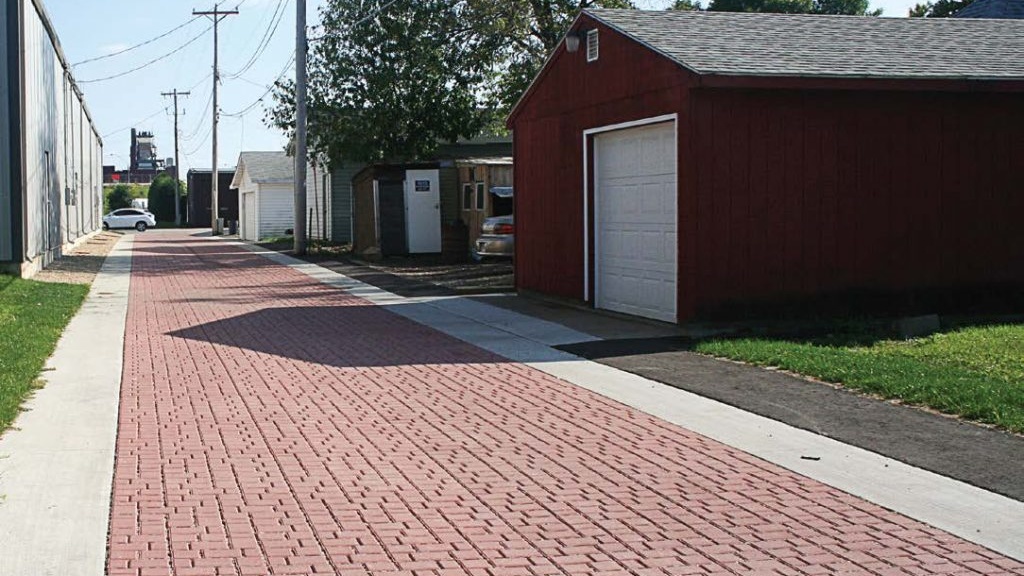
Dubuque Green Alleyways Policy Analysis
As part of their capstone project, Public Affairs graduate students developed metrics and conducted an analysis of Dubuque's Green Alleyways Project, which is designed to improve the aesthetic and environmental functions of alleys in the Bee Branch Watershed.
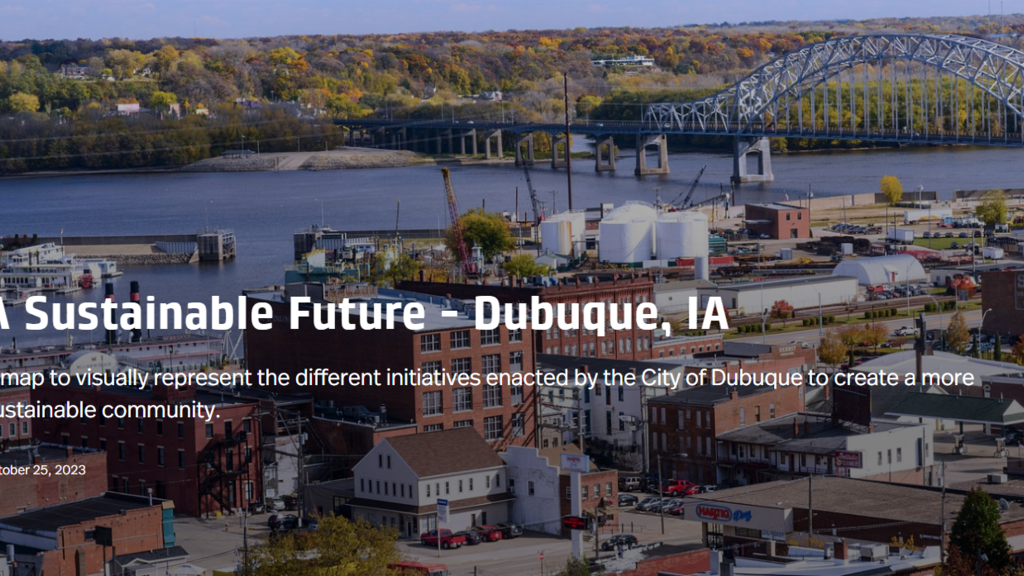
StoryMap of Dubuque's Sustainability Infrastructure Projects
As part of the ICIGO student organization within the Department of Geographical and Sustainability Sciences, students created a StoryMap that highlights green infrastructure projects in Dubuque.
The city of Dubuque has been widely recognized for prioritizing sustainability in community and economic development. ICIGO students created a StoryMap highlights many of the current and past initiatives that help make Dubuque a more sustainable and resilient community.
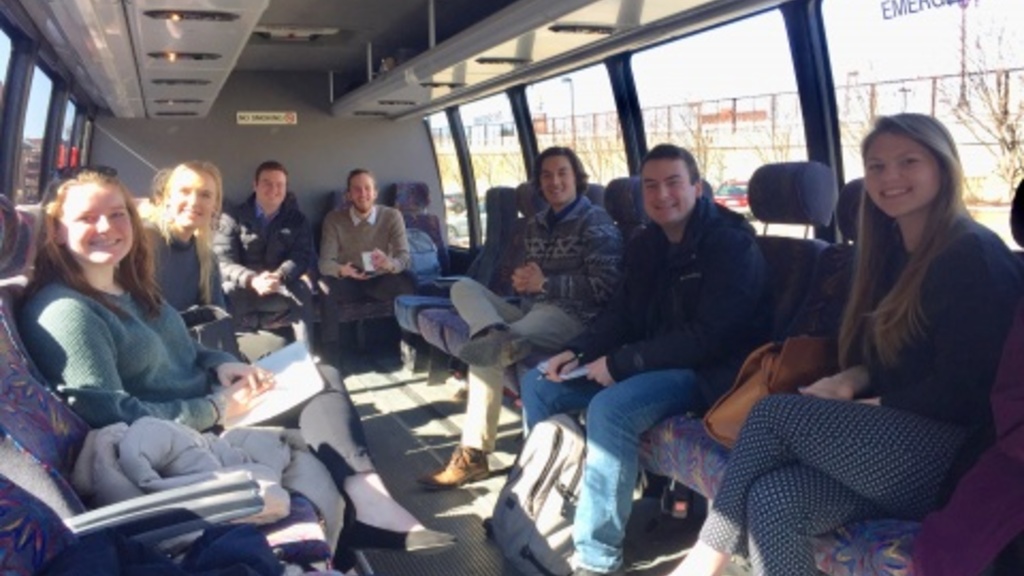
Dubuque- Advertising Campaign to Promote Outdoor Recreation in Dubuque
Juniors in the Tippie College of Business Marketing Institute created advertising campaigns for Travel Dubuque to promote the outdoor recreational opportunities in the Dubuque area, with a particular focus on attracting mountain biking enthusiasts to the area's growing trail infrastructure.
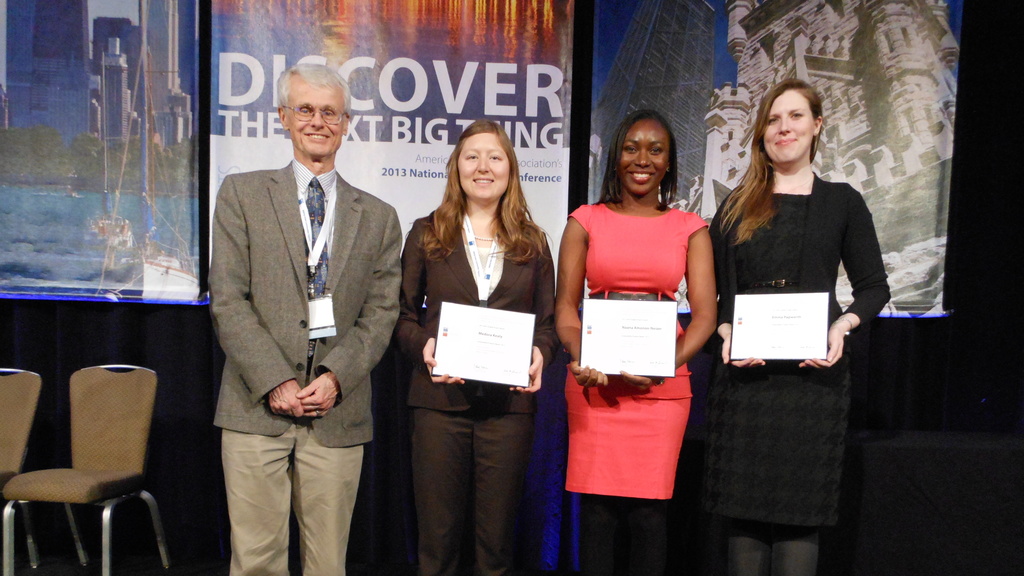
Dubuque County Sustainability Indicators
In 2011, Dubuque Regional Smart Planning Consortium was formed and tasked with developing a regional sustainability plan. Building on the 2011-12's Indicator and Indicator Measures for 11 Sustainability Principles for the City of Dubuque, students created measurements for the sustainability goals outlined in the Smart Plan on a regional scale.
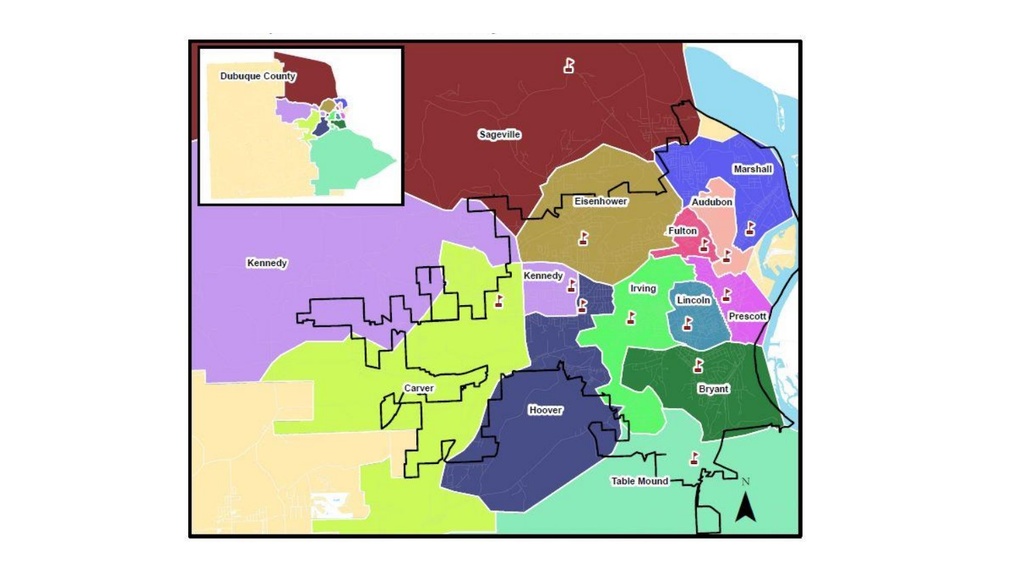
Dubuque Schools, Neighborhoods, and Student Outcomes
Students in the School of Planning and Public Affairs partnered with the City of Dubuque and the Dubuque Community School District (DCSD) to study the relationship between housing policy, neighborhoods, and elementary school student achievement.
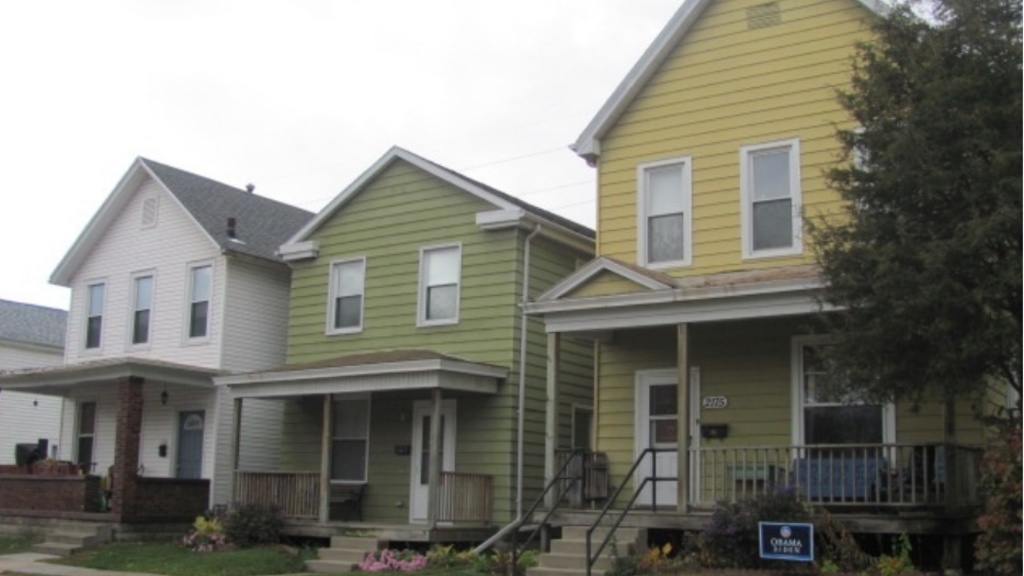
Housing for a Vibrant Dubuque
Students studied factors that affect a household's locational choice and developed seven recommendations for the City of Dubuque to fulfill its vision of creating a choice of livable neighborhoods and opportunities would attract and retain households, especially young professionals and families.